Supreme Court Fixes One Problem with the Copyright Statute of Limitations, But Punts Another — Warner Chappell Music v. Nealy (Guest Blog Post)
Technology & Marketing Law Blog
MAY 15, 2024
Under the “discovery rule,” the limitations period begins to run when “the plaintiff discovers, or with due diligence should have discovered, the injury that forms the basis for the claim.” at 1-2] At its heart, therefore, this case is a dispute about copyright ownership. Petrella , 572 U.S. 4th 1236 (9th Cir. 17 U.S.C. §





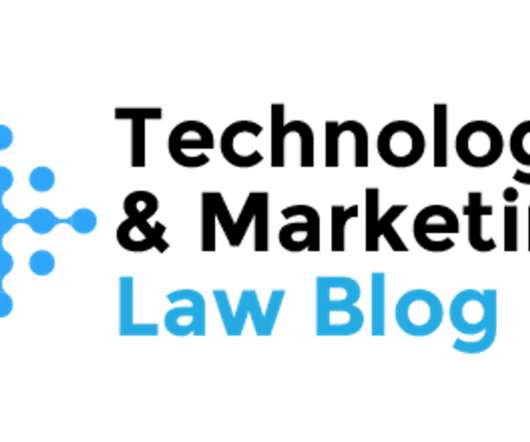

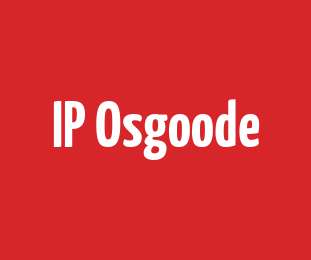
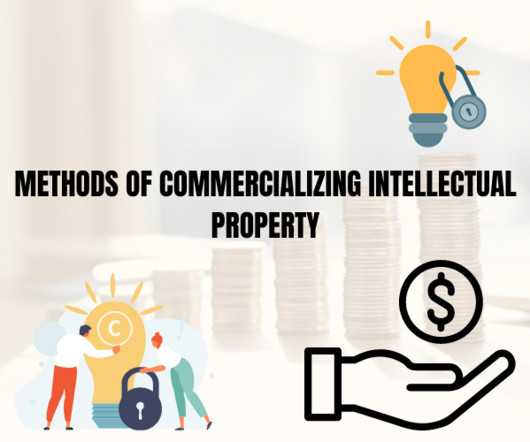
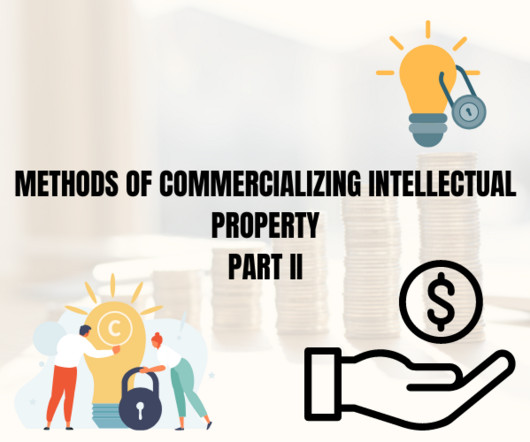


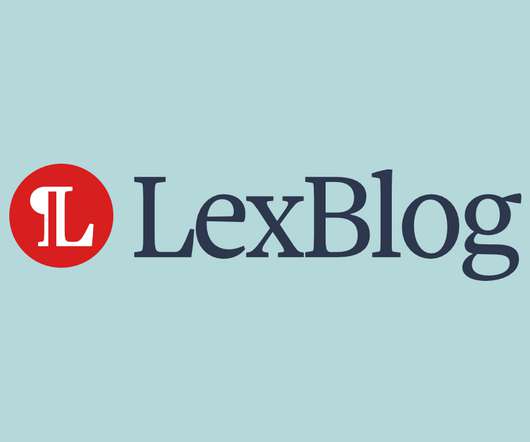










Let's personalize your content